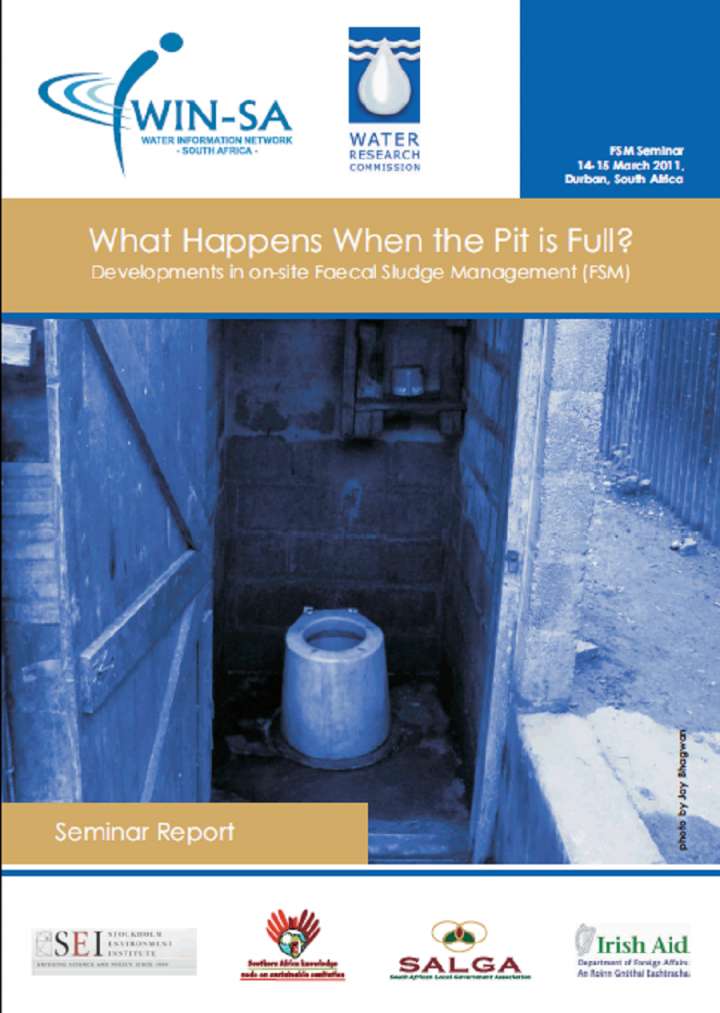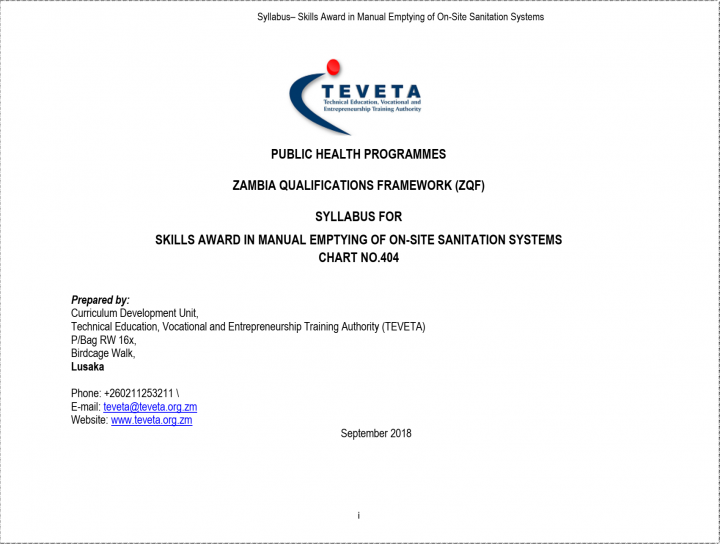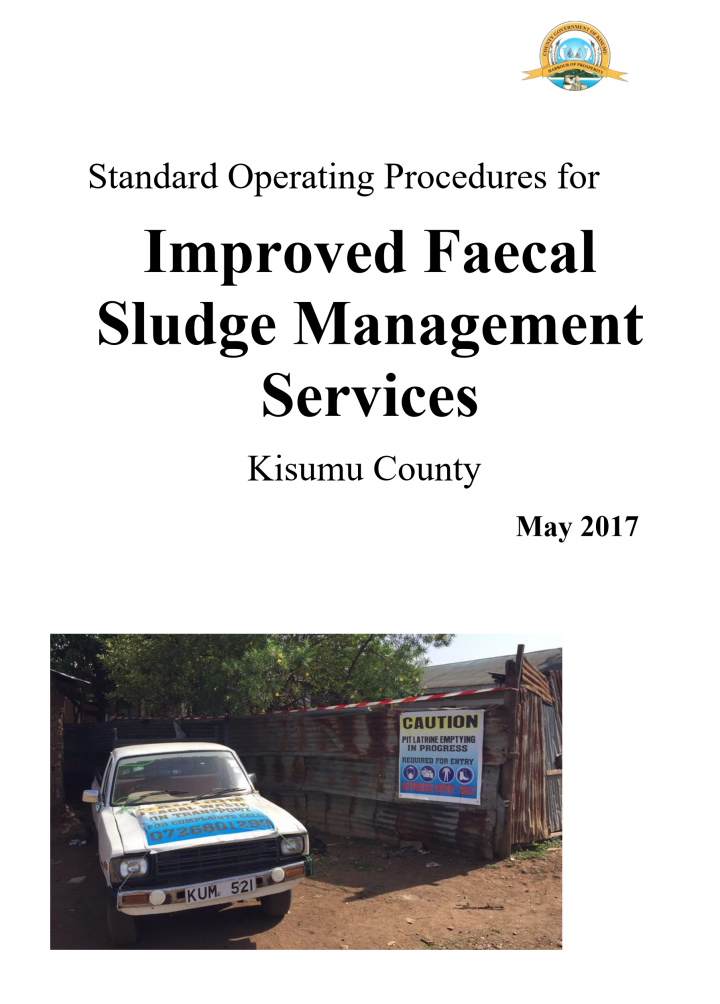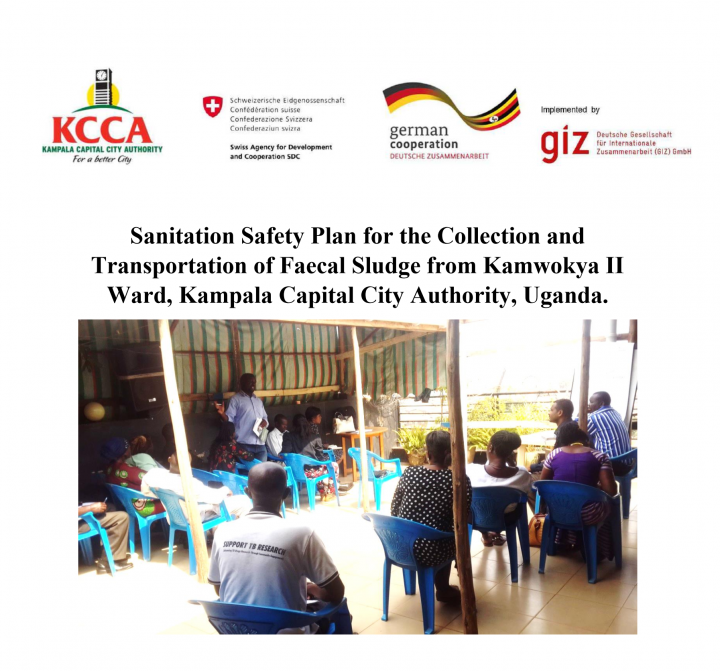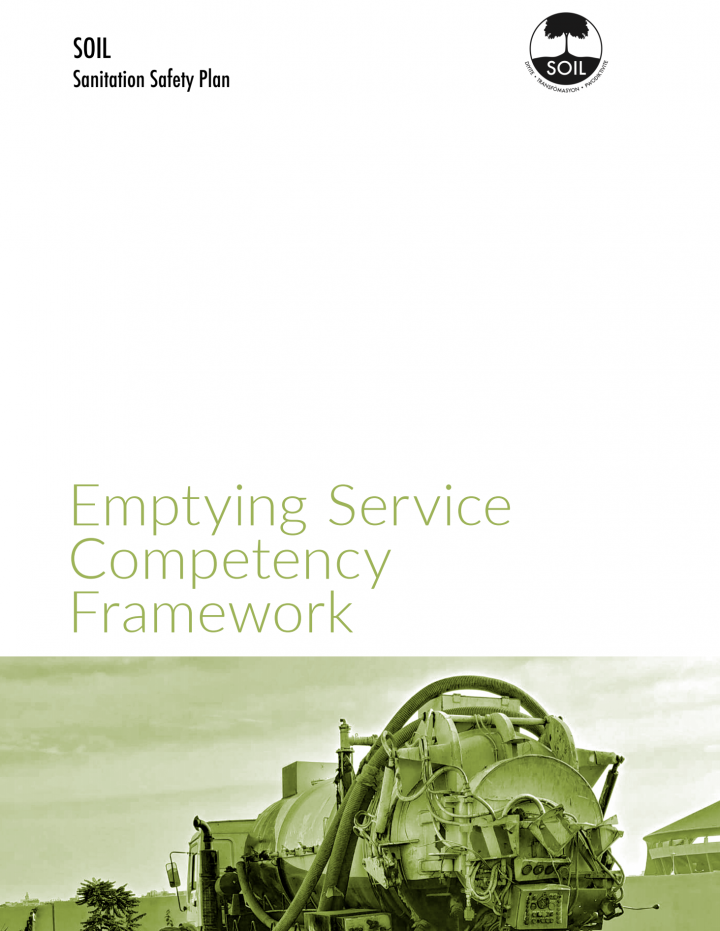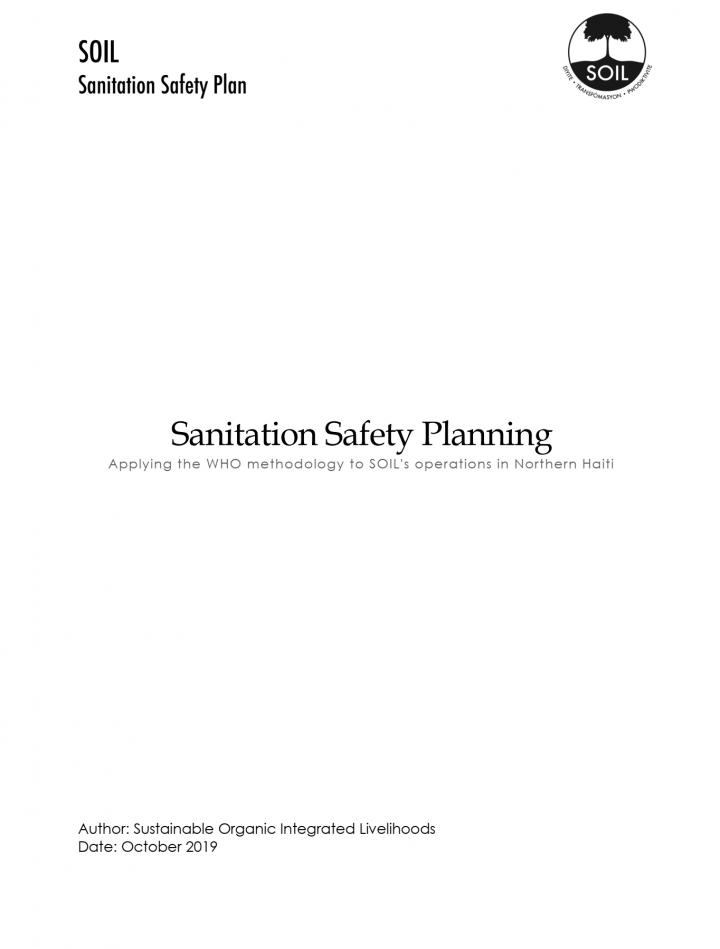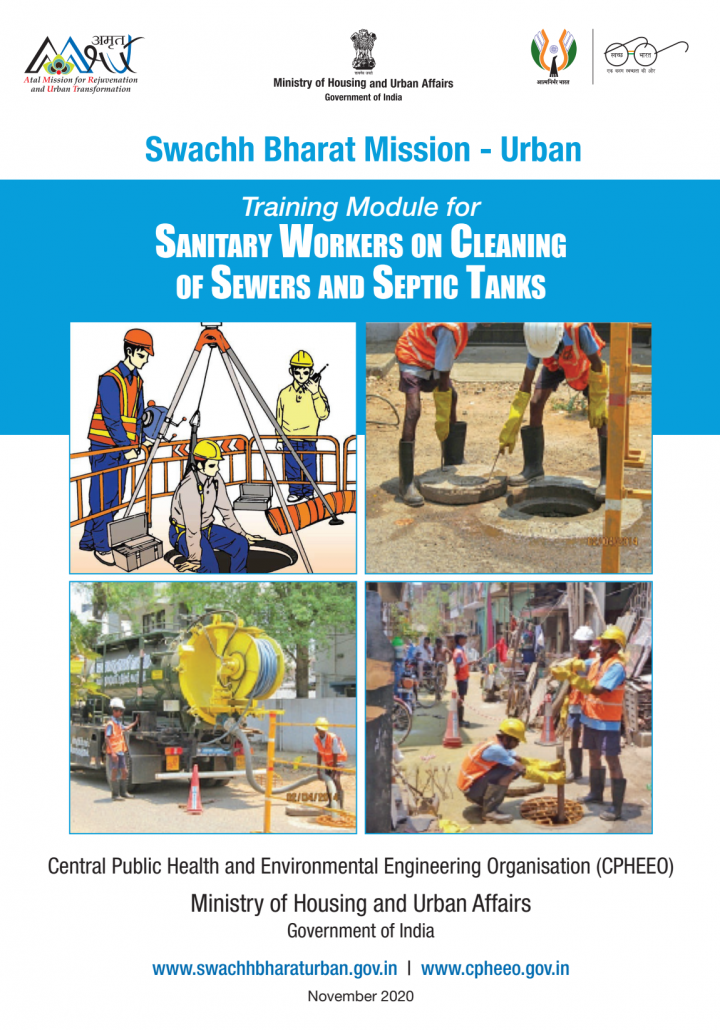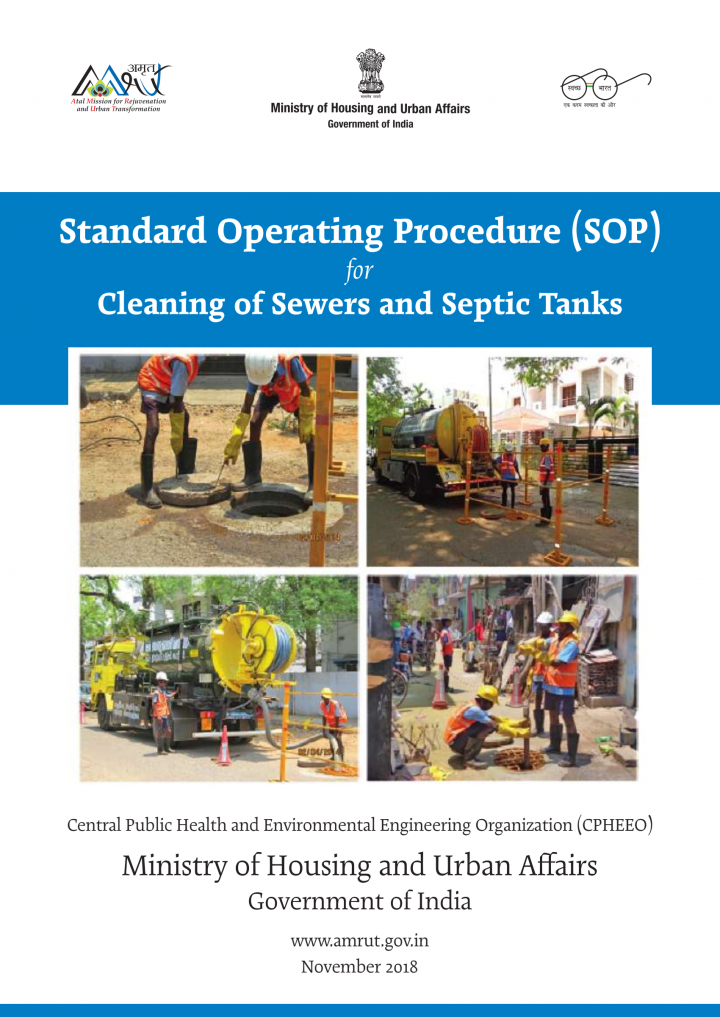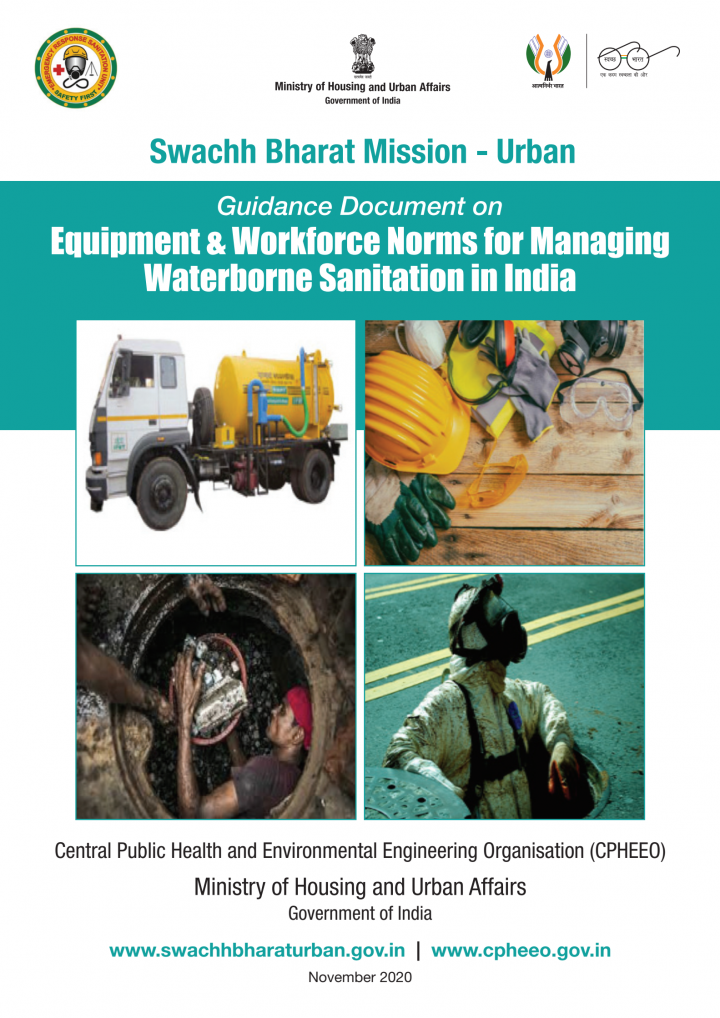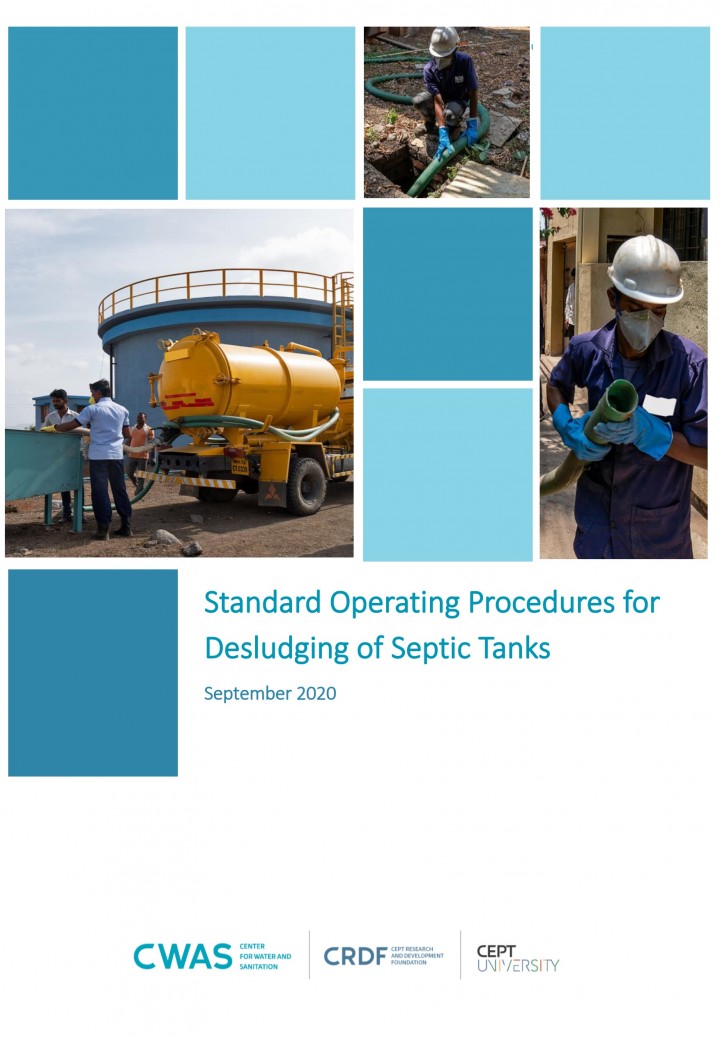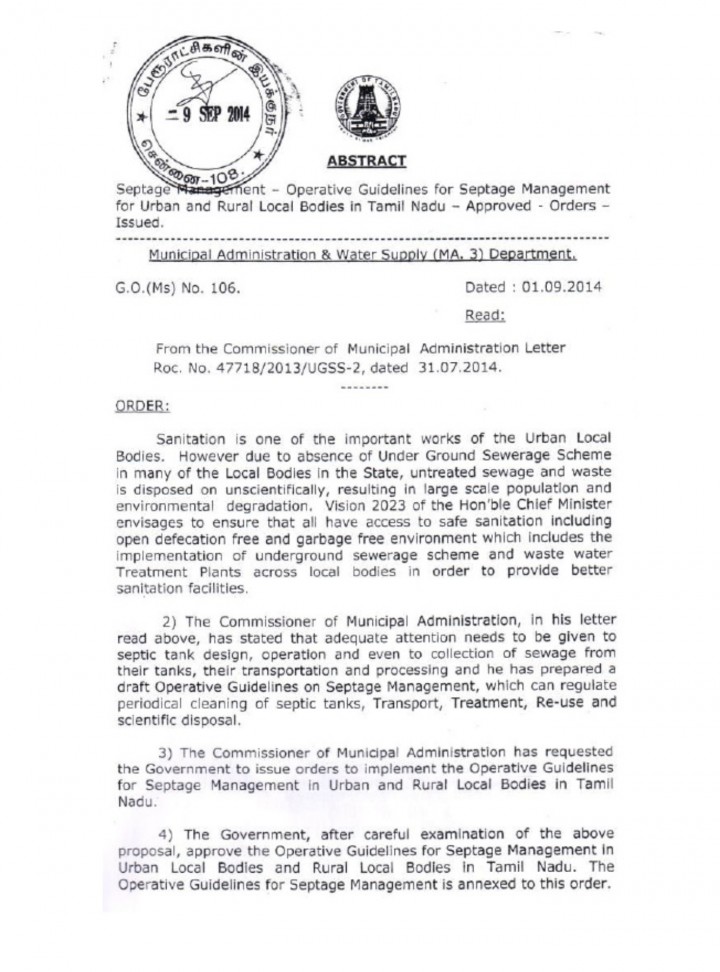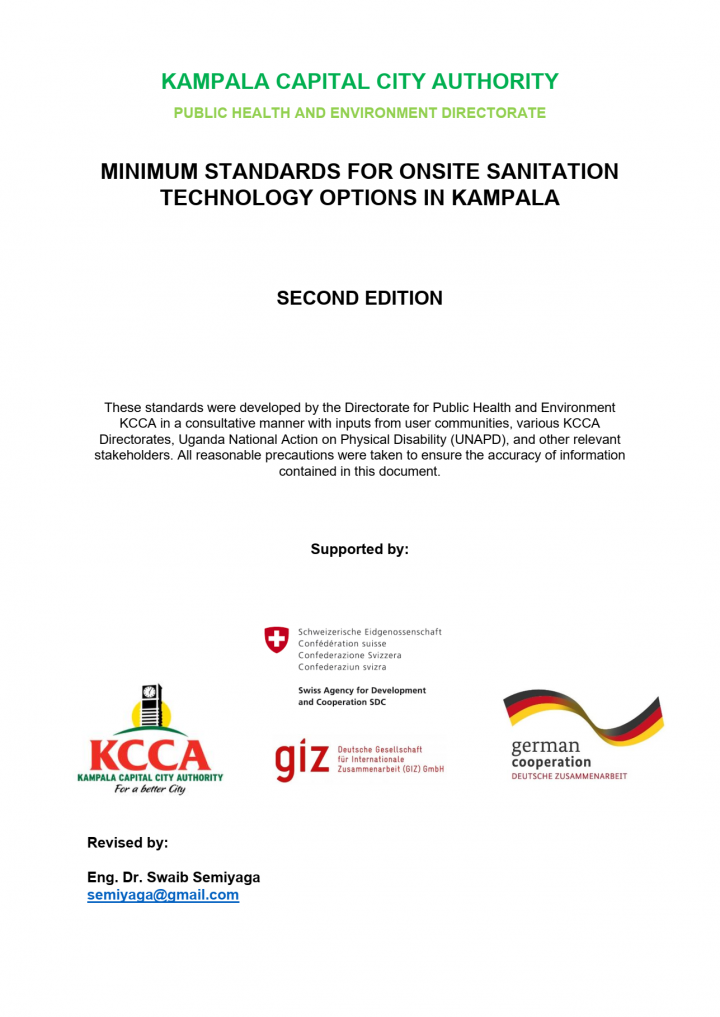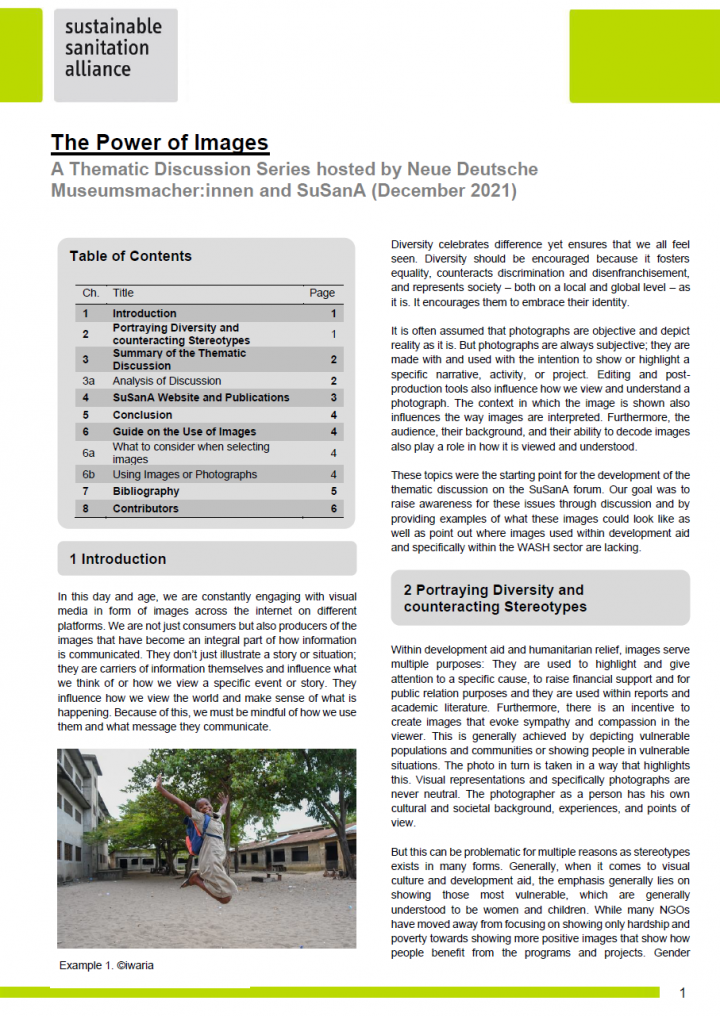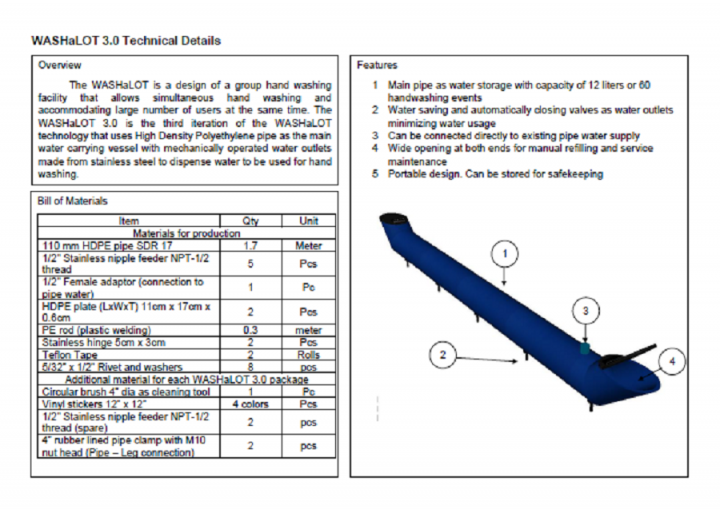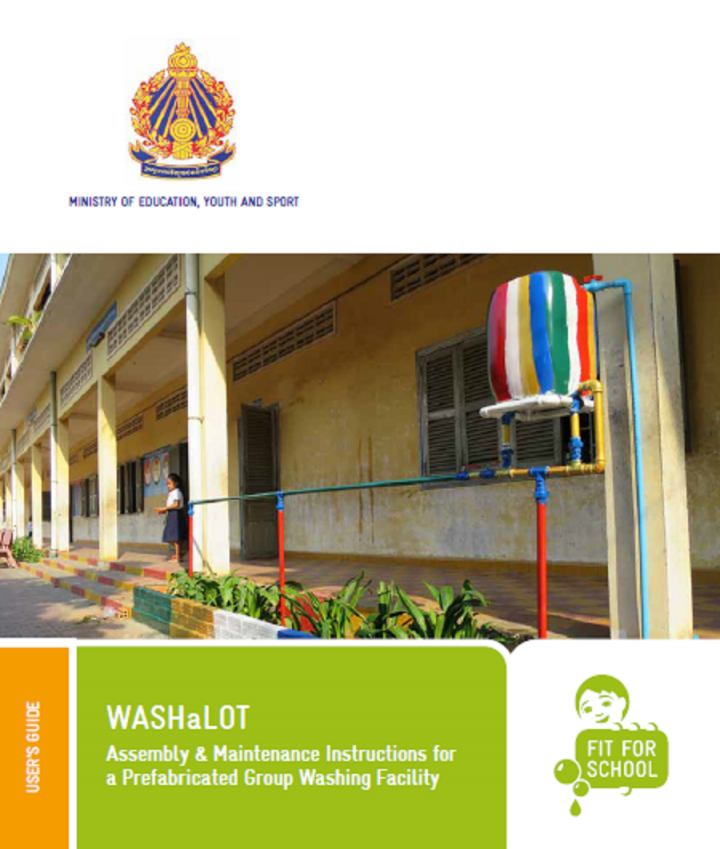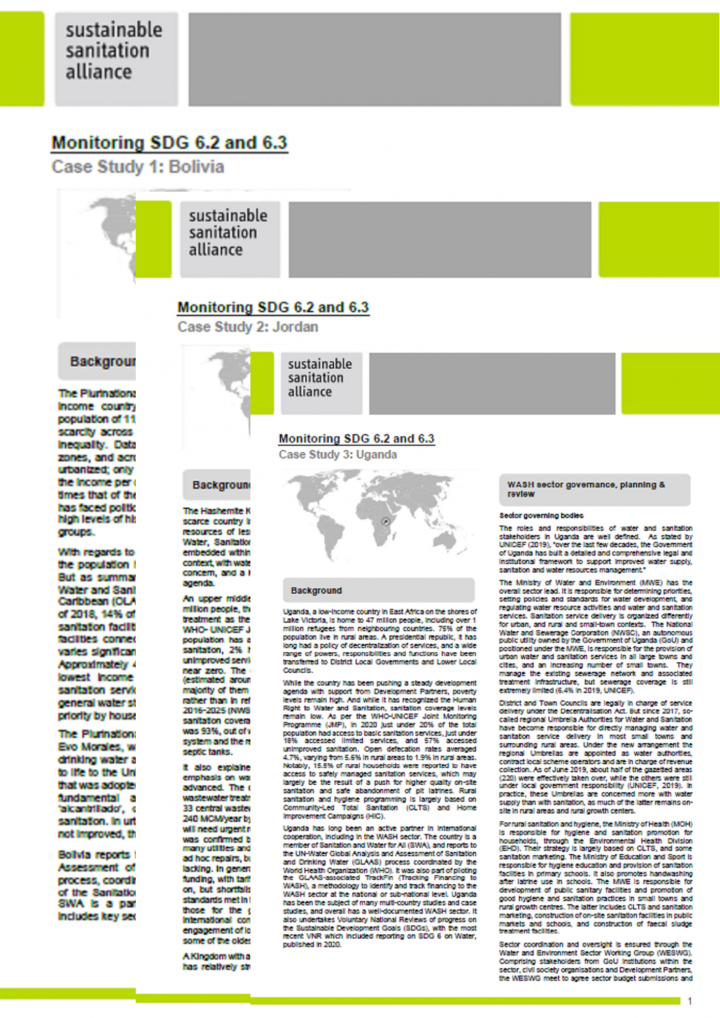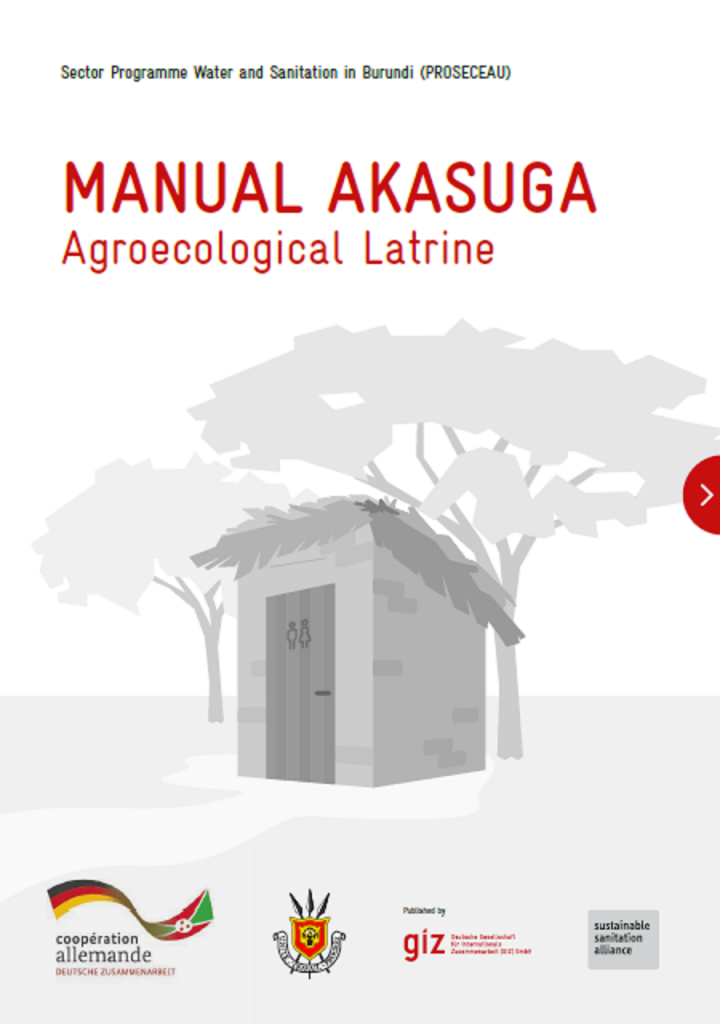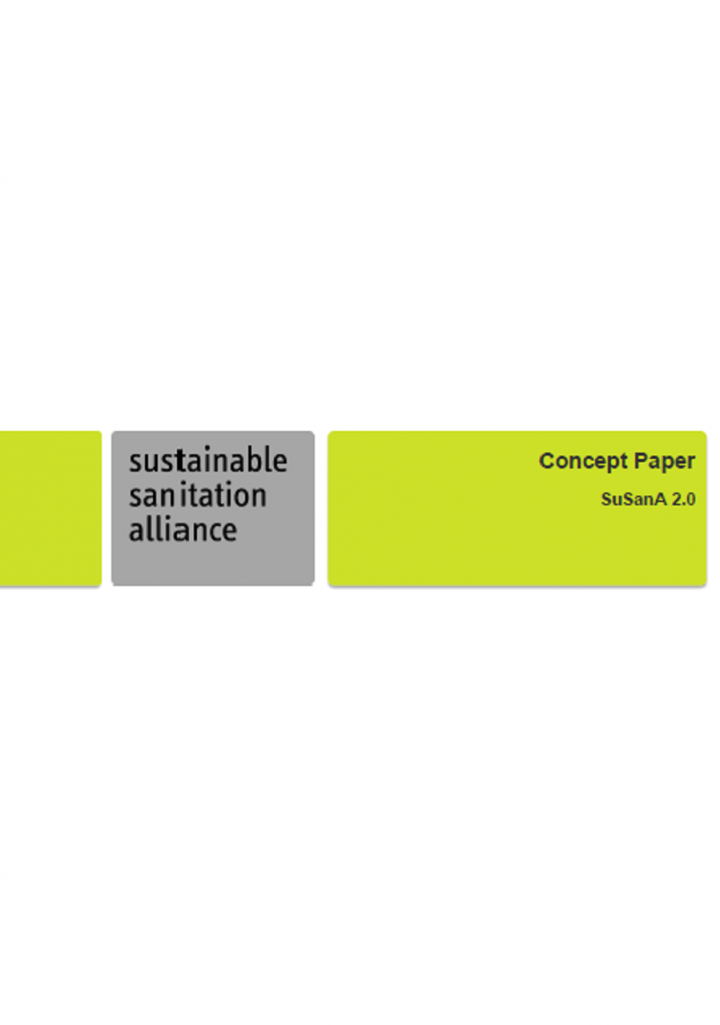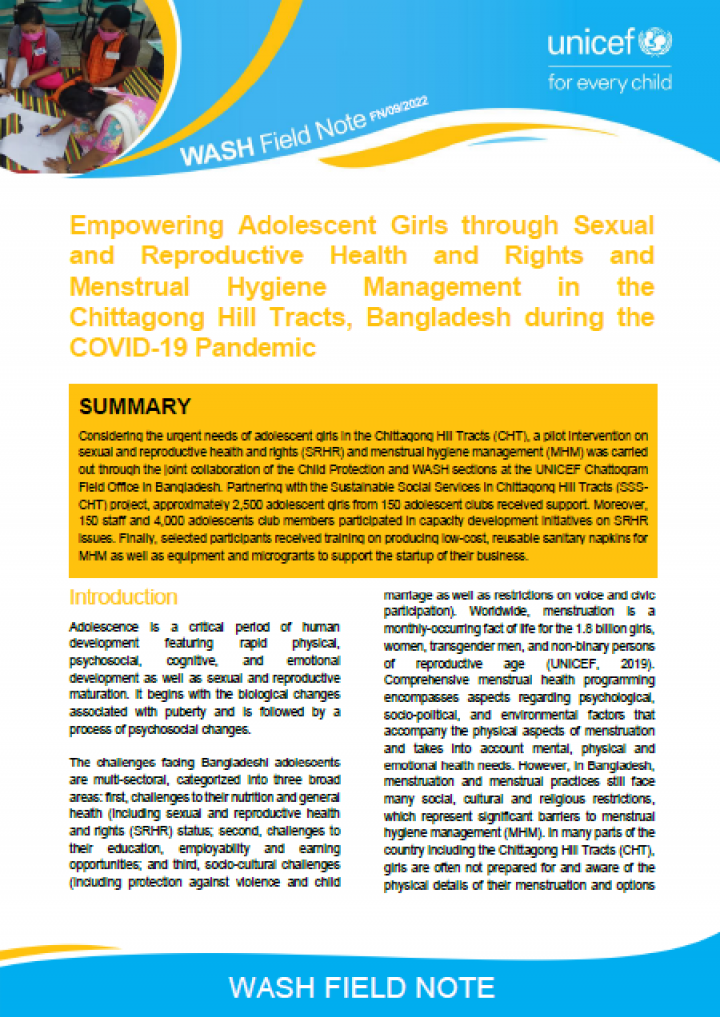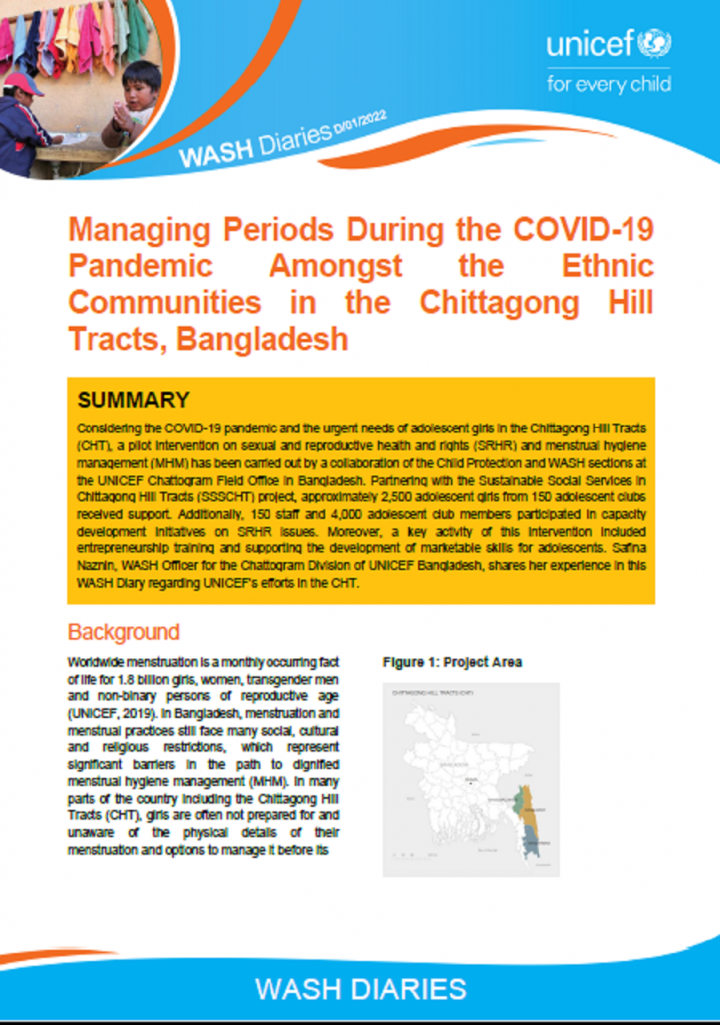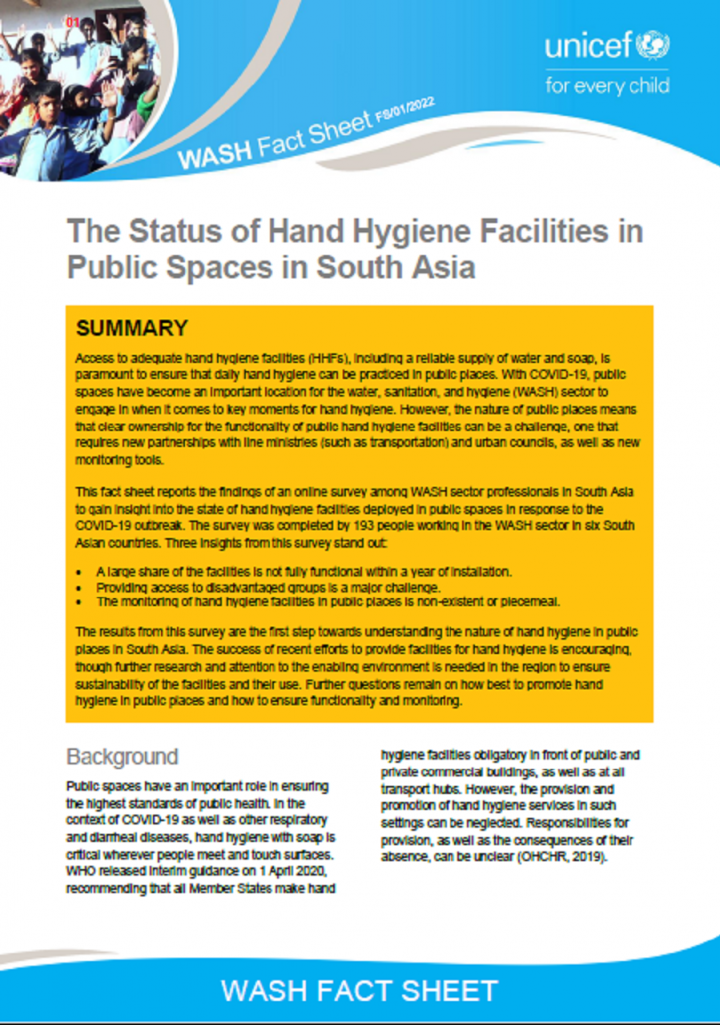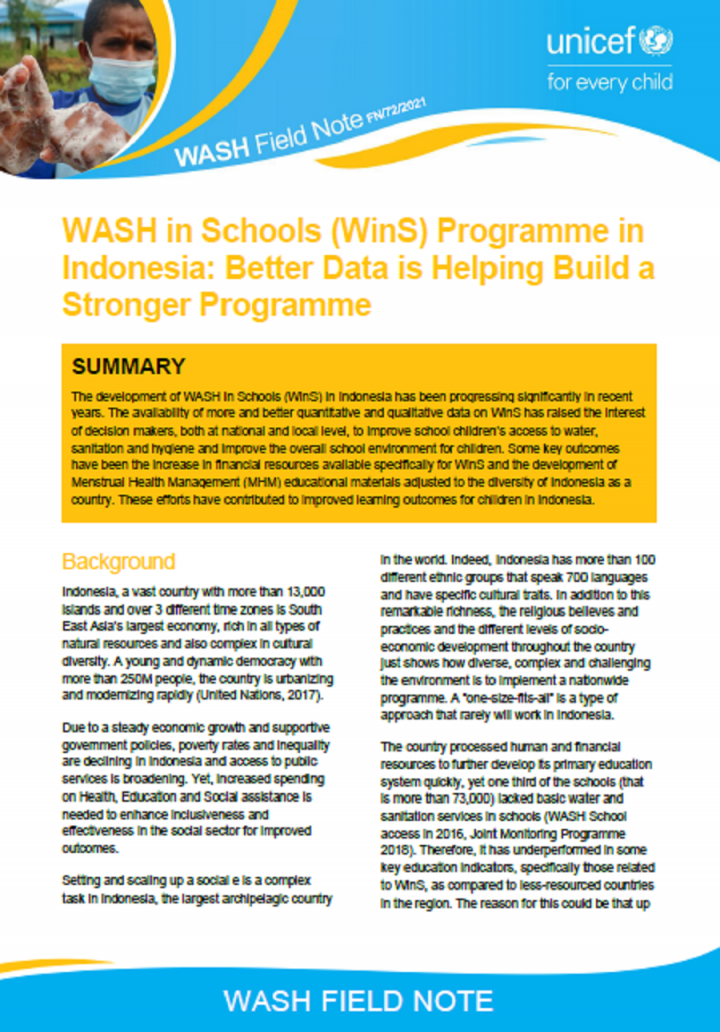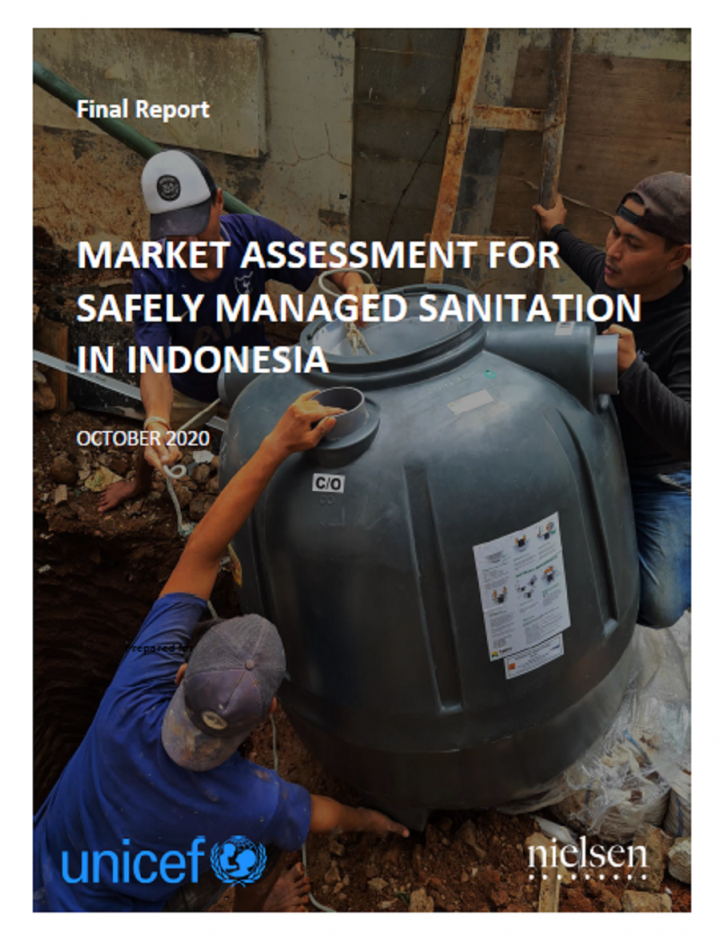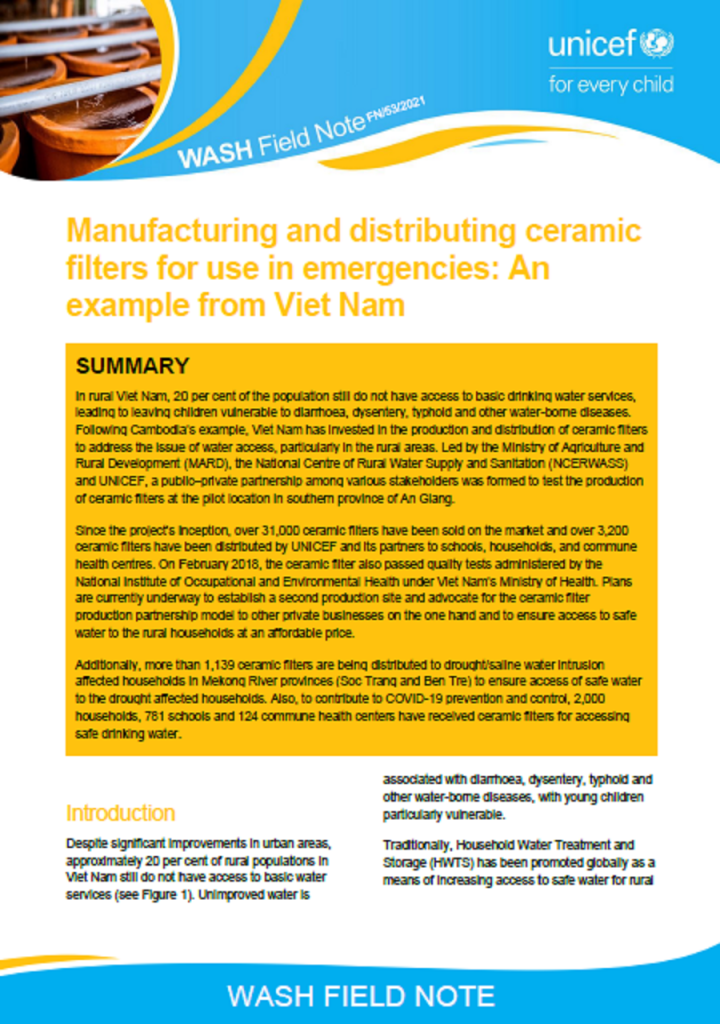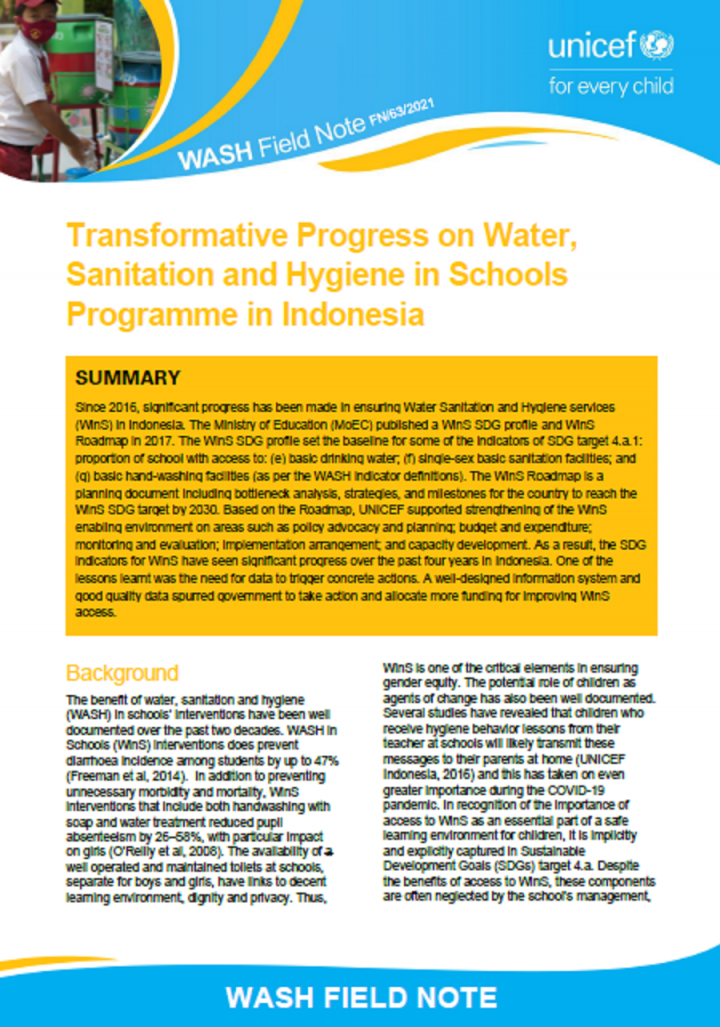Searching for information on Sanitation Workers?
The Sanitation Workers Knowledge + Learning Hub is the best source for all current news, trends, articles and updates on sanitation workers rights around the world.
The objective of the seminar was to enable anyone responsible for the sustainable operation of
on-site sanitation systems to find out about new developments in the field, and to share their
experience with counterparts from elsewhere in Southern Africa and the world.
The seminar was split across six sessions and ended with two field visits (hosted by eThekwini's
Water and Sanitation …
Faecal sludge management (FSM) covers the whole chain from containment, emptying and collection, transportation, treatment and disposal and end-use. Faecal sludge management (FSM), nonetheless, is applied to the context of onsite sanitation (OSS) systems only. This is particularly important for Zambia where in general close to 85 percent of the population relies on on-site sanitation system. CSO …
Faecal sludge management (FSM) involves the collection, transport, safe treatment and disposal of the full contents of an on-site sanitation system e.g. a pit latrine, or a septic tank. To manage the contents appropriately; the sludge, the water and the solid waste within the containment system must be appropriately treated and disposed of.
In Kisumu, approximately 75% of household sanitation …
Sanitation issues are some of the most significant development challenges for Kampala City, Uganda. Like many other capital cities in developing countries, Kampala is experiencing rapid population and economic growth. However, provision of key services including adequate sanitation for the city population has not been in tandem with these developments. Kampala Capital City Authority (KCCA) with …
This competency framework is designed to be a tool for emptying service providers, and the capacity development organizations that work with them, to understand the knowledge, skills, and abilities required to deliver a high-quality service.
This competency framework can be used by:
1. Emptiers and capacity development organizations to structure professional development activities for …
Over the years, SOIL has developed a model to provide a safely managed sanitation service to densely populated communities in Haiti, using containerbased sanitation. The objective of such an intervention is to reduce the risks to public health and the environment that unsafe sanitation practices create, and risk-based assessment methods such as Sanitation Safety Planning are a valuable tool to …
• Prohibition of Employment as Manual Scavengers and their Rehabilitation Act 2013 bans hazardous cleaning of sewer/ septic tanks.
• Definition: Hazardous cleaning by an employee, in relation to a sewer or septic tank, means its manual cleaning by such employee without the employer fulfilling his obligations to provide protective gear and other cleaning devices and ensuring observance of …
As per the 2011 census, the share of urban population is 31.2% as against 28% of 2001 census of the total
population of the country which is expected to be 50% by 2050. This increase in population has created a
significantly enhanced demand on urban sanitation, inter alia. As per the 2011 Census, 81.4% households
have toilet facilities within their premises. Out of this, 32.7% households have …
This Guidance Document on Equipment & Workforce Norms for Managing Waterborne Sanitation in India
is prepared keeping in view the Safai-mitra Suraksha Challenge, 2021.
All sanitary structures like sewer and septic tanks which manage sewage are susceptible to getting choked at some point of time due to ingress and settling of solids and require regular cleaning or maintenance. Cleaning of sewer …
It is known that eradicating open defecation is only half the battle. For improving sanitation, faecal sludge and wastewater also needs to be safely managed. It is in this context that Government of India, Ministry of Housing and Urban Affairs (MoHUA) issued a National Faecal Sludge and Septage Management (FSSM) Policy3 . It recommends regular desludging of septic tanks through a systematic …
The partially treated sewage that is stored in a septic tank is commonly called as Septage. It includes the liquids, solids (sludge), as well as the fats, oils and grease (scum) that accumulate in septic tanks over time. Septage management includes the entire process of design, collection, safe treatment& disposal of septage based on generation of sewage. A comprehensive program that regulates …
Availability of adequate sanitation services is one of the most significant development challenges experienced in the rapidly growing Kampala city. Over 90% of Kampala’s population relies on on-site sanitation which include flush (pour and cistern) toilets, Urine Diversion Dehydrating Toilets (UDDTs), Ventilated Improved Pit Latrines (VIPs) and traditional pit latrines.
The toilets are put up …
Images are a big part of communication, today more so than ever. Not only do we consume more visual media than ever through social media and streaming sites. More and more we use images to communicate with each other, e.g. gifs and memes. Yet the way we read and understand an image is influenced by several factors including historical and cultural context or background, age as well as race and …
WASHaLOT 3.0 is a versatile design of a group handwashing facility that accommodates many users at the same time and a water-saving facility with automatically closing individual water outlets. To support the adaption of the WASHaLOT 3.0, documents are made available to the public to guide in the production process of the WASHaLOT 3.0.
In line with the expression ‘you manage what you measure’, high quality and regular monitoring is key for the successful achievement of SDG targets 6.2 and 6.3. SuSanA’s Vision Document states the intention to further its work to meet the increasing need for technical assistance in developing methodologies, designing monitoring structures compatible with existing technical and institutional …
The Akasuga technology is a low-cost agroecological latrine which has been developed and implemented by the GIZ Water and Sanitation Programme in Burundi (ProSecEau) in cooperation with the respective directions of the Ministry of Health and Ministry of Hydraulics responsible of Sanitation.
ProSecEau has also developed in December 2021 an e-training (in English and French) on the Atingi.org …
Since its foundation in 2007, SuSanA has grown to become a very large, and at times influential, network of organisations and individuals on sustainable sanitation. Its growth has contributed to challenges related to its model of structure, governance and operations, and the Bill and Melinda Gates Foundation commissioned a consultancy in 2018 to consider how SuSanA could re-shape for a new era in …
Considering the urgent needs of adolescent girls in the Chittagong Hill Tracts (CHT), a pilot intervention on sexual and reproductive health and rights (SRHR) and menstrual hygiene management (MHM) was carried out through the joint collaboration of the Child Protection and WASH sections at the UNICEF Chattogram Field Office in Bangladesh. Partnering with the Sustainable Social Services in …
Considering the COVID-19 pandemic and the urgent needs of adolescent girls in the Chittagong Hill Tracts (CHT), a pilot intervention on sexual and reproductive health and rights (SRHR) and menstrual hygiene management (MHM) has been carried out by a collaboration of the Child Protection and WASH sections at the UNICEF Chattogram Field Office in Bangladesh. Partnering with the Sustainable Social …
Access to adequate hand hygiene facilities (HHFs), including a reliable supply of water and soap, is
paramount to ensure that daily hand hygiene can be practiced in public places. With COVID-19, public
spaces have become an important location for the water, sanitation, and hygiene (WASH) sector to
engage in when it comes to key moments for hand hygiene. However, the nature of public places …
The development of WASH in Schools (WinS) in Indonesia has been progressing significantly in recent years. The availability of more and better quantitative and qualitative data on WinS has raised the interest of decision makers, both at national and local level, to improve school children’s access to water, sanitation and hygiene and improve the overall school environment for children. Some key …
Realizing its commitment to providing universal access to sanitation, the Government of Indonesia aims to shift from open defecation free into safely managed sanitation as the national plan for sanitation is targeting to provide 15% of the population with access to safely managed sanitation. Based on the Statistics Bureau, in 2019, there are 77.44% households that have access to sanitation in …
In rural Viet Nam, 20 per cent of the population still do not have access to basic drinking water services, leading to leaving children vulnerable to diarrhoea, dysentery, typhoid and other water-borne diseases. Following Cambodia’s example, Viet Nam has invested in the production and distribution of ceramic filters to address the issue of water access, particularly in the rural areas. Led by …
Since 2016, significant progress has been made in ensuring Water Sanitation and Hygiene services (WinS) in Indonesia. The Ministry of Education (MoEC) published a WinS SDG profile and WinS Roadmap in 2017. The WinS SDG profile set the baseline for some of the indicators of SDG target 4.a.1: proportion of school with access to: (e) basic drinking water; (f) single-sex basic sanitation facilities; …

